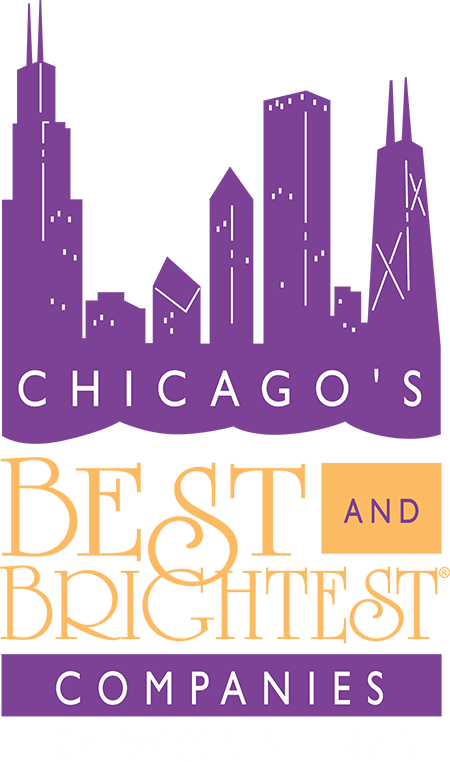Last year, amusement park injuries in Ohio prompted Illinois state inspectors to shut down 12 carnival rides similar to the one that malfunctioned in Ohio. The incident occurred in Columbus, Ohio, when a “thrill ride” at a state fair broke down mid-ride. The ride then launched more than a dozen people into the air, injuring seven and killing an 18-year-old man.
In wake of last year’s amusement park accident in Ohio, inspectors in Springfield, Illinois instituted strict safety measures to prevent similar incidents in the future.
How dangerous are amusement park rides?
In 2016, amusement park accidents resulted in 30,900 emergency room visits, according to the Consumer Product Safety Commission. And since 2010, 22 people have died in amusement park ride accidents.
According to Security Baron, many amusement park ride accidents occur due to operator negligence. Even with strict regulations, inexperienced or inattentive operators sometimes put fairgoers at risk of sustaining serious injuries.
In their defense, the Outdoor Amusement Business Association blames reckless riders. The association insists that roughly 6 in 10 accidents occur because riders behave inappropriately. However, even if contributory negligence can be established in an Illinois case, 735 I.S.C.S. section 5/2-116, the state’s modified comparative fault law, stipulates one can still obtain compensation for injuries, so long as one’s own fault doesn’t exceed 50 percent.
Other times, defective amusement rides cause serious accidents and injuries. Amusement ride manufacturers have a responsibility to make safe rides. Specifically, these companies need to take into account possible hazards when creating such rides. For example, responsible manufacturers often design rides that require riders to keep their arms and legs in throughout the entire ride. That way, riders do not sustain serious injuries to their hands or feet on the ride.
Understanding your rights in Illinois
In Illinois, the state Department of Labor regulates amusement parks and carnivals. Under state law, ride operators must maintain at least $1 million in insurance per occurrence and $2 million in general liability insurance. Other requirements for ride operators include age restrictions for workers. All ride operators must be at least 16 years old. They must also pass random drug tests and abide by strict, state drug and alcohol abuse policies.
If you or a loved one was injured in an amusement park accident, you should speak to an experienced personal injury lawyer. An attorney can help you hold the responsible parties accountable. Contact Coplan + Crane, Oak Park’s Personal Injury Lawyers today and find out what we can do for you.
















